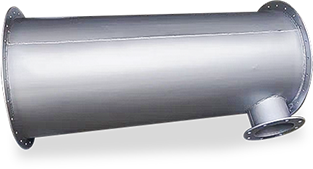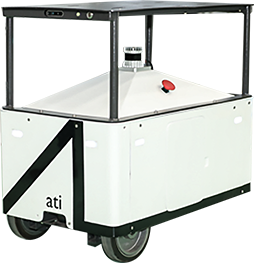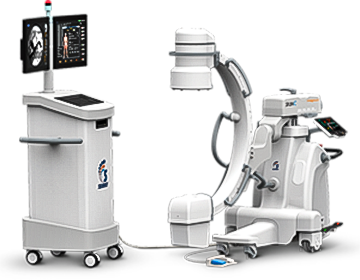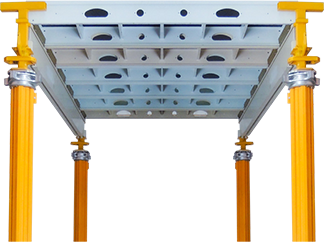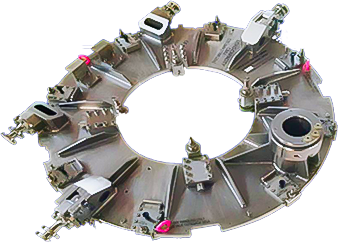Material Description
Polycarbonate (PC) resins are a group of engineering thermoplastics known for their exceptional combination of material properties. PC is characterized by its high impact strength, making it virtually unbreakable, and it exhibits excellent optical clarity, making it suitable for applications where transparency is crucial. It has a glass transition temperature (Tg) typically around 150°C, providing good dimensional stability at elevated temperatures. Furthermore, PC resins have a high melting point, typically in the range of 250-300°C, rendering them heat-resistant and enabling various processing techniques, including injection molding and extrusion.
Polycarbonate resins offer impressive electrical insulation properties and are often employed in electrical and electronic components. They also have outstanding flame resistance, typically self-extinguishing when the flame source is removed. PC exhibits excellent chemical resistance, particularly against many common solvents and acids, which makes it a suitable choice for a wide range of industrial and laboratory applications. Additionally, it is a lightweight material with a low water absorption rate, ensuring long-term dimensional stability and performance in humid environments. However, it should be noted that PC can be susceptible to UV degradation over time, which can be mitigated through the addition of UV stabilizers. Overall, Polycarbonate resins are a versatile and durable material suitable for numerous applications, from automotive components to eyeglass lenses and optical discs.
Common Industry Applications
In the aerospace and defense sectors, PC resin vacuum casting is applied to create transparent, impact-resistant components like cockpit canopies and protective shields.
Sub-Processes
Vacuum Casting
| Density (g/cm³) | Tensile Yield Strength (MPa) | Young's Modulus (GPa) | Hardness (Shore D) | Thermal Conductivity (W/m·K) | Thermal Expansion Coeff (10^-6/°C) | Specific Heat (J/g·°C) | Electrical Conductivity (S/m) |
|---|---|---|---|---|---|---|---|
| 1.2 - 1.4 | 60 - 75 | 2 - 2.4 | 80 - 85 | 0.2 - 0.25 | 65 - 70 | 1.1 - 1.3 | 1e-14 - 1e-12 |
Design Recommendation
Polycarbonate (PC) resins are sensitive to overheating, so maintaining precise temperature control is critical during vacuum casting. To prevent the formation of bubbles within the material, pour the resin slowly and in a controlled manner. The use of high-quality mold release agents, combined with careful demolding techniques, is essential to ensure that parts can be extracted without any complications or damage.
Cost Saving Tip
To save on expenses when casting PC resins, it’s important to pay attention to mold design and temperature control. Optimized mold design can reduce material usage, while precise temperature control during casting ensures quality and minimizes the need for rework. Choosing high-quality release agents for mold maintenance extends the mold’s lifespan, further contributing to cost savings.
